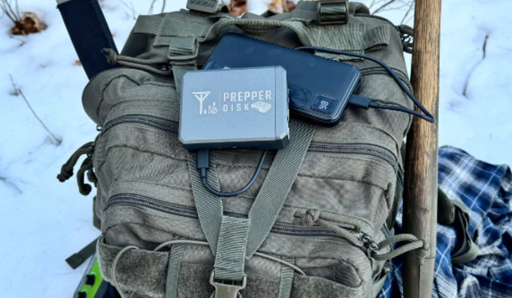Title is a little sensational but this is a cool project for non-technical folks who may need a mini-internet or data archive for a wide variety of reasons:
“PrepperDisk is a mini internet box that comes preloaded with offline backups of Wikipedia, street maps, survivalist information, 90,000 WikiHow guides, iFixit repair guides, government website backups (including FEMA guides and National Institutes of Health backups), TED Talks about farming and survivalism, 60,000 ebooks and various other content. It’s part external hard drive, part local hotspot antenna—the box runs on a Raspberry Pi that allows up to 20 devices to connect to it over wifi or wired connections, and can store and run additional content that users store on it. It doesn’t store a lot of content (either 256GB or 512GB), but what makes it different from buying any external hard drive is that it comes preloaded with content for the apocalypse.”



That’s my next question. If things are bad enough that the Internet is gone, what reliable source of power would survive the unknown scenario that got things that bad?
That power source would also need to power a separate computer or smartphone that would also need to be kept protected from whatever happened.
A cheap solar panel can be gotten off Amazon or your local tech store if you have one for around $50. More than enough to power something like this, I would imagine.
At least while it’s sunny out.
You are correct.
I’m just wondering as everyone likes to think of what they would do in a post-collapse society…when in reality these tiny drives will probably be much less useful than the knowledge on how to create electricity. Solar or otherwise. I like them though, and the article does an awesome job at stating what their purpose is. That’s great.
Solar has the issue that it’s hard to create the panels themselves, but there’s a plethora of ways to create and maintain electrical systems. A small wind generator could probably be easy to rig up as well.
Back when my state had power outages every other day for long periods of time, we found out what worked and what didn’t real quick.